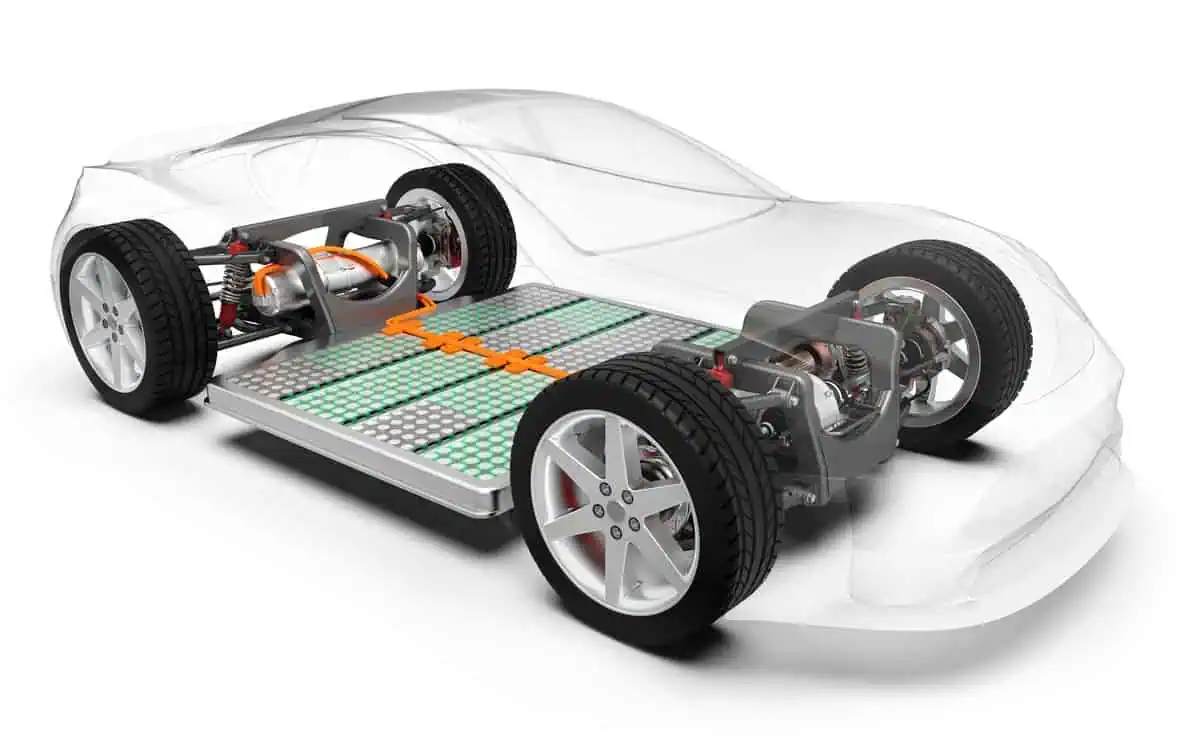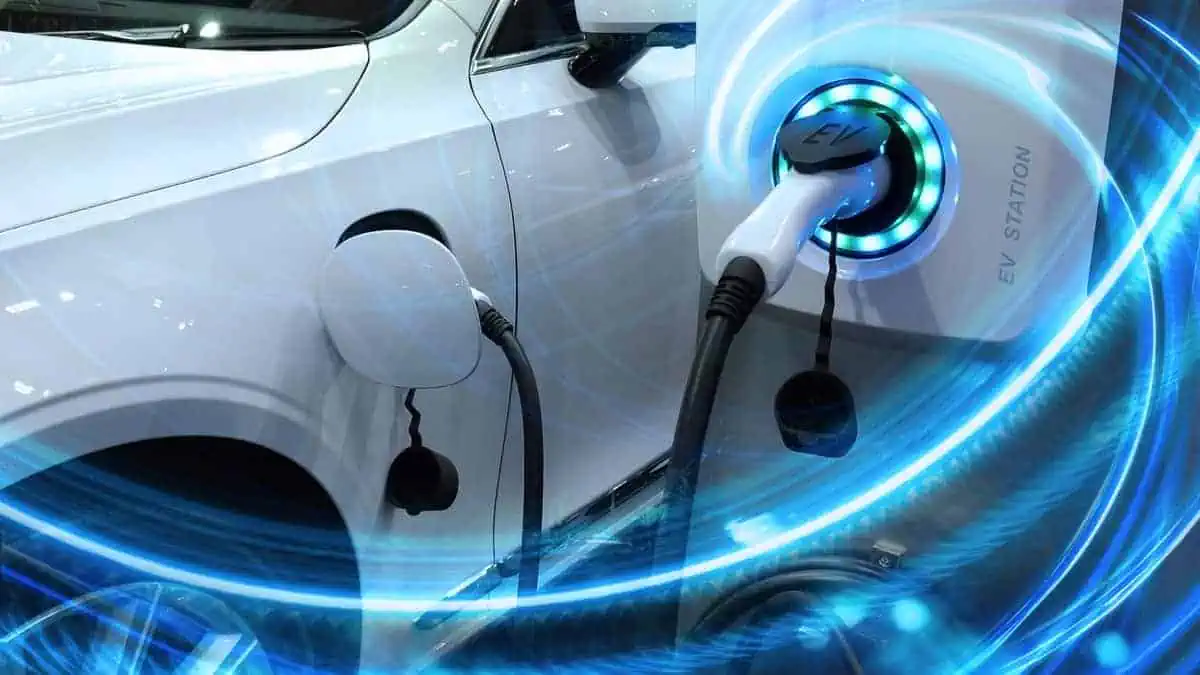Britain’s first lithium refinery will be established at Teesside to enhance the UK’s electric car supply chain despite uncertainty over the industry’s future, as per The Guardian.
Green Lithium
Green Lithium, supported by the commodities trading giant Trafigura, will establish a £600m ($692m) lithium refinery at PD Ports’ Teesport.
“Green Lithium’s refinery will be one of the few ready by the middle of this decade when we see demand for electric vehicles picking up in a very significant way in the UK and Europe.” stated the head of lithium at Trafigura, Claire Blanchelande.
The UK Government backs Green Lithium with over £600,000 ($692,000) grant through the Automotive Transformation Fund.
The refinery to create 1,000 construction jobs and 250 permanent jobs
The refinery is expected to create more than 1,000 construction jobs and sufficient lithium hydroxide for 1 million EVs annually once the plant is finished.
In addition, the company plans to commission the plant in 2025 formally. It will take three years to build and eventually create 250 permanent jobs.
“This is levelling up in action. The refinery will deliver more than 1,000 jobs during its construction and 250 long-term, high-skill jobs for local people when in operation,” said Business Secretary Grant Shapps.
The move approaches as confidence in plans to have the north-east of England a place for green jobs and the EV industry has been shaken by the Britishvolt’s efforts.
Battery company to develop £3.8bn “gigafactory”
The battery company that planned to develop a £3.8bn ($4.3bn) “gigafactory” has secured emergency funding from the commodities giant Glencore for five weeks after preparing to assign administrators.
Electric vehicles’ supply chain
Notably, the government hopes to strengthen the electric vehicle’s supply chain before a ban on gasoline-powered vehicle sales by 2030.
Lithium is an essential battery component and is one of several “critical minerals” used in various technologies such as mobile phones and wind turbines.
Ministers expressed worries regarding the supply chains’ vulnerability for crucial minerals, notably those supplied from China, amid declining political relations between China and the UK and US in recent years.
The UK and US countries are trying to produce indigenous sources of minerals used in batteries, which includes Cornish Lithium in Redruth.
As pure lithium is not found in nature, it is refined by liquid brines evaporation rich in lithium or extracted from hard rock with lithium-bearing minerals.
Almost 90% of the world’s lithium processing occurs in east Asia. Furthermore, Green Lithium plans to utilize a “low energy process” with renewable electricity and make the plant to be capable of capturing carbon emissions and using hydrogen.
80% lower carbon footprint
Green Lithium stated the Teesside refinery would have a carbon footprint “80% lower than the traditional processes currently used internationally”.
Plant costs & government funding
The plant will cost £600m ($692m) to build. The project got £600,000 in government funding in April last year. Additionally, separate discussions on state support for the planning phase are in progress.
“We’re backing companies, like Green Lithium here in Teesside, to grow the new green industries across the UK, sparking jobs and growth for decades to come.” said Shapps.
Shapps stated the government moves quickly to “secure our supply chains of critical minerals. We know that geopolitical threats and global events beyond our control can severely impact the supply of key components that could delay the rollout of electric vehicles in the UK.”
In June, Trafigura released $2.7bn (£2.4bn) of first-half net profits after Russia’s invasion of Ukraine led to volatility in commodities markets.






